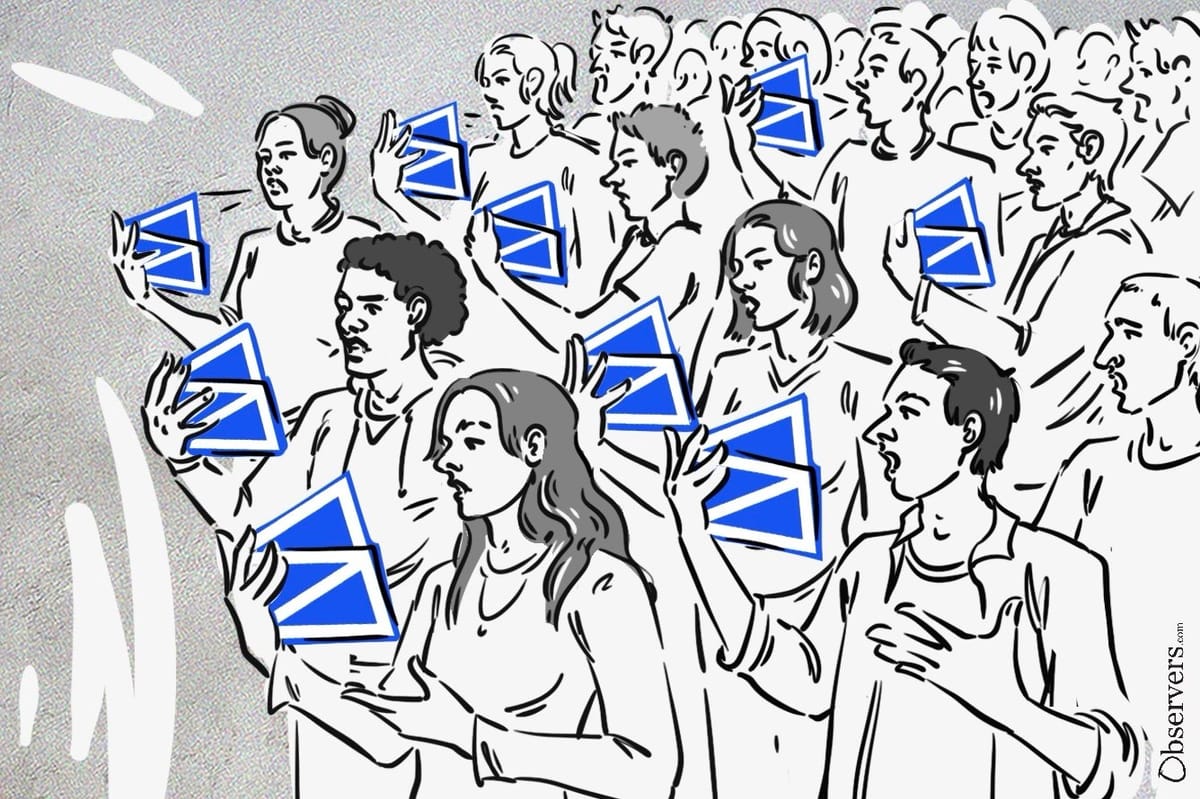
Election night has finally settled the question of whether Polymarket is a reliable source of information on public opinion or a betting site, with the former answer winning over public opinion.
Donald Trump is headed for his second term as President of the United States. While no other prediction poll was ever sure of his victory, Polymarket's odds have favoured him for most of the election race.
In recent months, Vitalik Buterin, Elon Musk, hundreds of old and new media organizations, and thousands of crypto bros have sourced data from the platform and praised its potential.
Still, Polymarket's success before the U.S. presidential elections was tainted by controversies that challenged its credibility as an "information market."
The platform's lack of order limits, the unrestrained influence of single traders on wagers, and the absence of a license to operate in the United States would have made it easy for it to be discredited if its main prediction—Trump or Harris for President—turned out to be wrong.
But it wasn't: Kamala Harris lost, and Polymarket lives on.
Polymarket "I Told You So" Moment
On the day of the election, internet entrepreneur Nikita Bier wrote on X, "The most amazing part of this election is that we have all the predictive technology and data we could ever dream of, and yet no one has a fucking clue who is going to win tomorrow."
The reliability of political predictions has been questioned since the first political opinion polls on the U.S. presidential elections were conducted in 1936.
This time around, the problem was not so much about reliability as about efficiency: no poll could determine who would take the Oval Office for the next four years.
With Donald Trump winning the popular vote by a small margin, 51% to Harris's 48%, the inefficiency is understandable now that the results are out.
Yet, one non-biased, non-partisan public prediction poll got the election night result right all along: Polymarket.
Despite, or perhaps because its science is much simpler than that of all other polls out there—money equals power, no intermediation, no rules (and this rudimental setting allows crypto whales on the other side of the Atlantic to influence the odds easily), Polymarket was able to call the results before any other organization.
"Make no mistake, Polymarket single-handedly called the election before anything else," celebrated the crypto platform founder and CEO Shayne Coplan on X. "The global truth machine is here, powered by the people," he added.
The Alchemy Of Fredi9999
As the polls opened on Tuesday and every official organization was still clueless about how the day would end, Trump was favored to win on Polymarket by 62%.
Analyzing Polymarket’s big night, Haseeb Qureshi, managing partner at Dragonfly, said that those of criticized Polymarket “didn’t have the humility to imagine, maybe, just maybe, Polymarket knew something that was not being captured by the polls.”
Qureshi proceeded to explain how polling was much more accurate in the pre-internet days and how, due to Trump's decisive figure in North American politics, pollsters experience the “Shy Trump Voter” effect.
Was there any way to have taken this phenomenon into account?
The famous French whale Fredi9999 found a way. Accused of manipulating the presidential winner wager, he ended up taking $48 million home once the results were out.
In an exclusive interview for the Wall Street Journal, Théo, as the whale calls himself in real life, explained how he examined publicly released polls that used the “neighbor method”—pollsters ask respondents who they think their neighbor will vote—and figured out that the results “were mind-blowing to the favor of Trump!”
From this scientific, albeit not frequently used, method, Théo decided on who to place his bet.
A Sign Of The Times
At midnight EST, when traditional media was still more than six hours away from calling Trump the winner, Polymarket already gave the candidate a chance of winning higher than 90%. By 1 a.m., it was around 98%. How?
"Polling errors are seldom random; they are usually correlated across states. When traders saw that Trump was massively outperforming his polls in states that were not themselves competitive [..] this meant that there must be a massive polling miss across the country.”
Polymarket traders understood this to mean that swing states were no longer a battlefield and started calling Trump the winner.
The key to Polymarket's victory over other political prediction polls is then how it: a) allows users to bet based on whatever insight they want - neighbor pools, market data, ideology, hearsay, ...; b) allows users to immediately incorporate data into decisions.
“Markets don’t care about drama. They only care about outcomes,” pointed out Qureshi.
While proponents of the prediction market rejoice at this victory, Polymarket's success on this particular prediction must be waged against the ones they got wrong, such as the wrong prediction that the former U.S. president would win the debate against the vice president.
If Trump's tendency to come on top on wagers becomes an established vice of Polymarket, it risks losing something more valuable than its credibility: its use case as a tool of public opinion.

